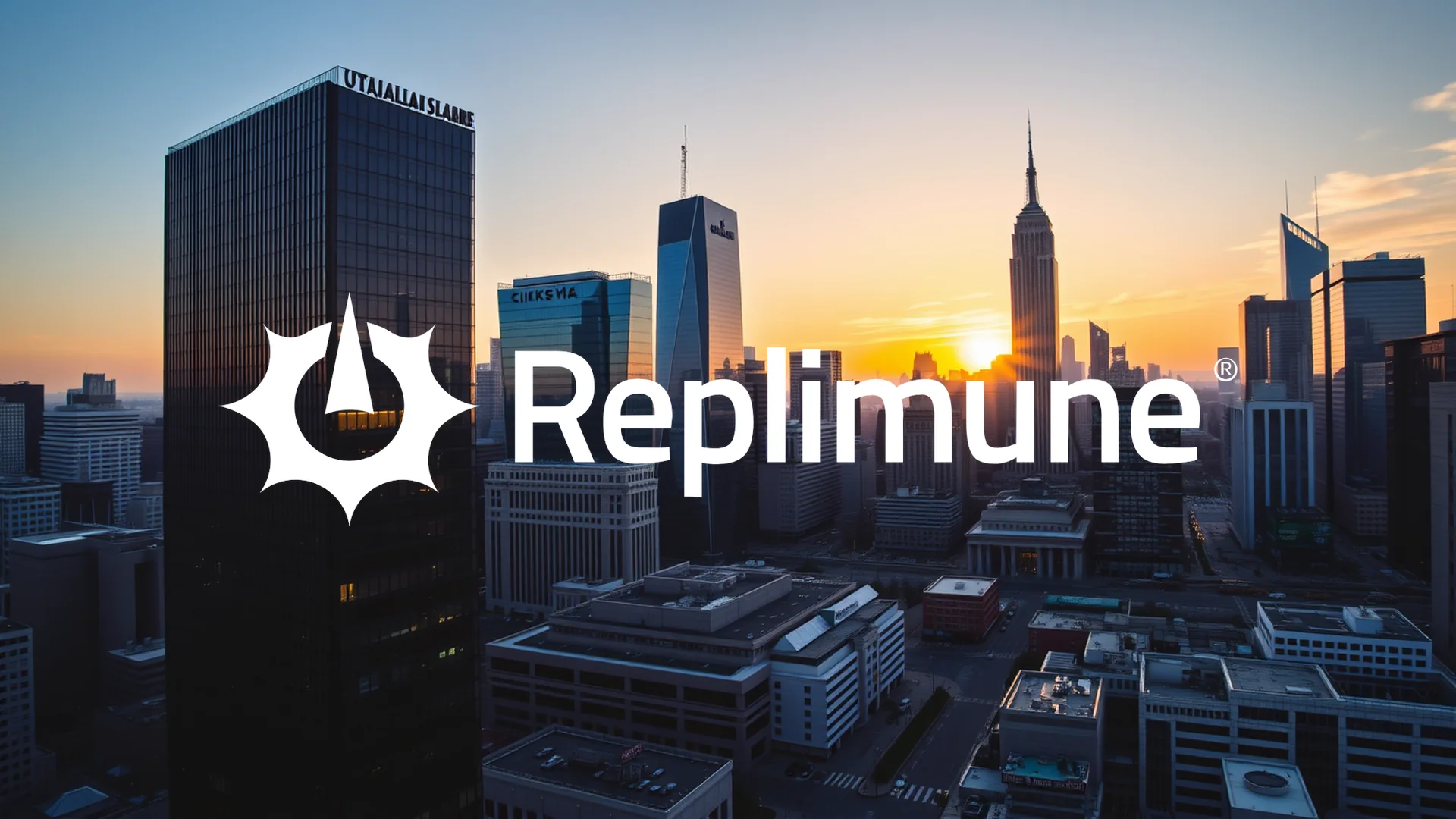A dramatic financial confrontation is unfolding around Replimune Group, where hedge funds betting against the company face off against institutional investors building substantial positions. This collision of opposing market philosophies creates a powder keg scenario that could trigger significant price movements in the biotech firm’s shares.
Institutional Backing Reaches Extraordinary Levels
The investment landscape reveals overwhelming confidence from major financial institutions, with institutional ownership reaching a remarkable 92.53% of Replimune’s outstanding shares. Capital flows further demonstrate this conviction, as institutional inflows totaled $246.73 million over the past year, dramatically outpacing outflows of just $86.43 million.
Several asset managers have made particularly aggressive moves to increase their exposure:
- Braidwell LP expanded its position by 550.3%, securing 3.506% voting rights
- Readystate Asset Management boosted its stake by 1,296.2%, achieving 3.358% ownership
- Erste Asset Management executed the most dramatic increase at 13,597.5%, building a 2.078% position
Massive Short Interest Creates Volatility Risk
Countering this institutional optimism, Replimune ranks among the most heavily shorted stocks in U.S. markets, with short interest reaching 38.39%—placing it seventh overall in market rankings. This substantial bearish positioning establishes conditions for potential volatility, particularly as shares recently closed at $10.07 after advancing 5.72%.
Should investors sell immediately? Or is it worth buying Replimune?
The combination of elevated short interest and recent price gains increases pressure on short sellers. Any continued upward movement could force covering activity, potentially igniting a short squeeze that would amplify buying pressure.
Regulatory Environment Clouds Biotech Outlook
The fundamental disagreement between bulls and bears stems largely from regulatory developments affecting the biotechnology sector. The U.S. Food and Drug Administration has been tightening approval standards across the industry, creating delays in drug authorization timelines that impact development-stage companies.
Replimune has previously encountered regulatory challenges with its melanoma treatment candidate RP1. Market participants now await clarity on how the FDA’s more rigorous standards will ultimately affect final approval decisions for the company’s pipeline.
This regulatory uncertainty forms the core of the market debate: whether institutional investors have correctly anticipated a positive regulatory resolution, or if short sellers have more accurately assessed the risks posed by heightened FDA scrutiny. The outcome will determine which side emerges victorious from this high-stakes financial confrontation.
Ad
Replimune Stock: Buy or Sell?! New Replimune Analysis from February 8 delivers the answer:
The latest Replimune figures speak for themselves: Urgent action needed for Replimune investors. Is it worth buying or should you sell? Find out what to do now in the current free analysis from February 8.
Replimune: Buy or sell? Read more here...









